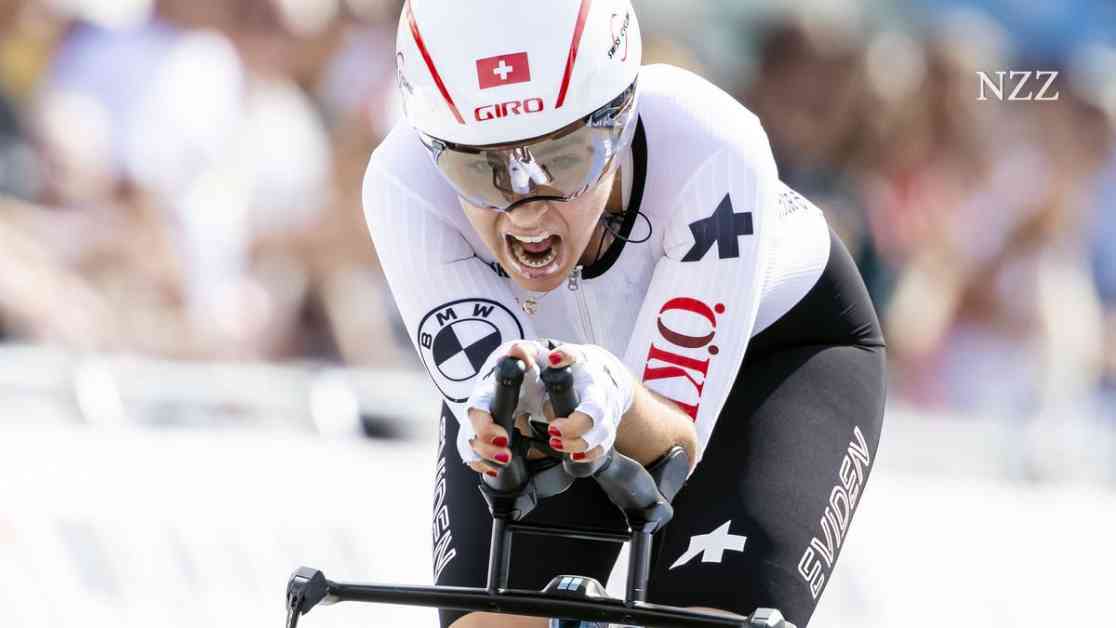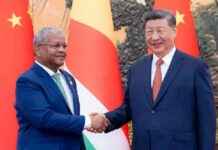Swiss Cycling’s new women’s team, Nexetis, is facing skepticism from various quarters, partly due to misleading presentations during its launch. The organization struggled to secure financial sponsors for the team, raising concerns about its long-term sustainability. The team’s selection process for international competitions has also come under scrutiny, with questions being raised about potential favoritism towards Nexetis riders.
The team was unveiled at the Aura event hall in Zurich, showcasing Swiss Cycling’s ambitious plans to inspire young women to pursue cycling. While Switzerland has seen success with female road cyclists like Marlen Reusser and Elise Chabbey, who achieved international recognition, the transition of these athletes into the sport happened relatively late in their careers. Developing talent from grassroots levels to the elite has been a challenge for Swiss Cycling, with only a few exceptions like Noemi Rüegg.
Efforts to establish a stronger presence in women’s cycling have been ongoing for years, with initiatives like “Fast and Female” led by former world champion Emma Pooley. However, leadership changes and lack of clear objectives have hindered progress in this area. The introduction of Nexetis as a new team has been met with caution from key figures in the Swiss cycling scene, with concerns raised about the team’s sustainability and competitive impact on private teams.
The naming of the team as Nexetis without a title sponsor reflects the financial challenges faced by Swiss Cycling in attracting major backers. While equipment sponsors like Thömus, DT Swiss, and Assos have shown support, securing substantial financial backing remains a priority. The recruitment of top athletes like Alessandra Keller from mountain biking has been a topic of discussion, although contractual obligations with other teams have posed challenges.
The composition of the Nexetis team includes Swiss talents alongside international riders from Japan and Slovenia. The team aims to provide competitive racing opportunities for young riders, helping them gain experience without having to join foreign teams. Concerns have been raised about potential conflicts of interest, as Swiss Cycling’s government funding could create competition with private teams. However, the organization has established clear guidelines to address such issues and ensure transparency.
The involvement of foreign sponsors, such as a potential partner from Japan, could provide additional financial support for the team. Despite criticisms and uncertainties surrounding Nexetis, Swiss Cycling remains committed to advancing women’s cycling and creating a pathway for young talents to excel in the sport. The team’s development will be closely monitored to gauge its impact on the broader cycling community and its competitive standing in international competitions.









![Indie music fans gather at l’Antipode for [Face B] Kool Things soirée on Saturday night news-15112024-105933](https://shanghainewstv.com/wp-content/uploads/2024/11/news-15112024-105933-218x150.jpg)







